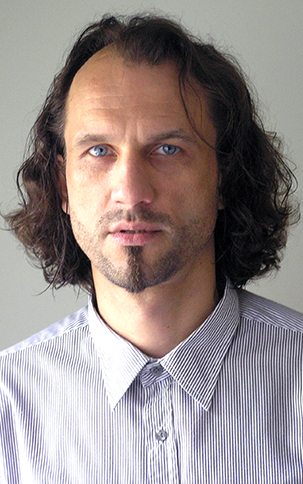Main idea of the movie
“Her heart” is primarily a lesson of tolerance and humanity, proving a real possibility of coexistence and mutual assistance among people of different nationalities, races and religions. The events pictured in the film take place in 1942, during the German occupation. During the “cleansing” the Crimean Tatar young woman, consciously risking her life, saves dozens of Jewish children from certain death. The relevance of the topic for Ukraine and the whole world, emotionally charged storyline, international star cast, incredible scenery will not you take your eyes from the screen from the first till the very last minute. The shooting will take place in early 2016 in Ukraine, Georgia and Israel. The premiere is scheduled for late 2016 — early 2017.
Synopsis
In Nazi-occupied Bakhchysarai, about two dozen Jewish children led by the senior boy Isaac are hiding from retaliatory Einsatzgruppen in the building of kindergarten.
A former kindergarten teacher Selime (a nineteen-year-old Tatar girl) decides to help the children. She collects food for them, cooks, nurses them, etc. She knowingly takes the risks, as anyone helping Jews or harboring them is subject to execution.
Soon Isaac and Selime witness the execution of all the Jews of the city (the parents of young Jews). Selime understands that now there is nobody left to take care of the children and no one will help them.
A young Tatar named Daniyal, whom the Germans put as an elder of Bakhchysarai and, concurrently, as a translator, is in love with Selime. His mother Zeynep cordially hates Selime blaming her for Daniyal's physical disability resulting from a childhood accident. In addition, Zeynep also hates communists, partisans and Jews, and delivers information about them to the Nazi whenever she has a chance.
Daniyal warns Selime that the Germans became aware of suspicious children in kindergarten. The girl decides ... to turn the Jews into the small Tatar! The gives them new names, teaches them the language, customs and religion. And she does all this within a disastrously short time. Children, with whom at first she had a very big problem, coming up to an outright conflict, realizing that this is their only chance to survive, are now working hard.
Soon the Nazis take Selime and children to the commandant's office. Selime is tried, but she insists that the kids are Tatar. Germans go to the "examination" of the children: through Tatar translators they ask their biographies, names, Tatar traditions and even the Muslim prayers. The kids manage to pass this test with honors.
After being tortured by the Nazi Selime is on the brink between life and death. And now the children are fighting for her life as she had once fought for them.
The young Jews nurse Selime and she manages to recover from the anguish experienced from the Gestapo.
Time passes. Crimea is liberated from the Nazis. People rejoice and exult. But as it turns out they do so ahead of time. The NKVD takes Selime from the kindergarten and together with other Tatars, sends her to deportation. Children are not harmed, because it is revealed that they are not Tatars.
But the kids are running after the car, which takes away Selime, shouting: "Take us! We are Tatars! And this is our mom Selime!"
Years pass, the war is fading from memories, Selime is long dead. But in different corners of the world (from Israel to Sakhalin) there are people whose hearts cherish gratitude to this great woman and her motherly heart.
Person of projects



